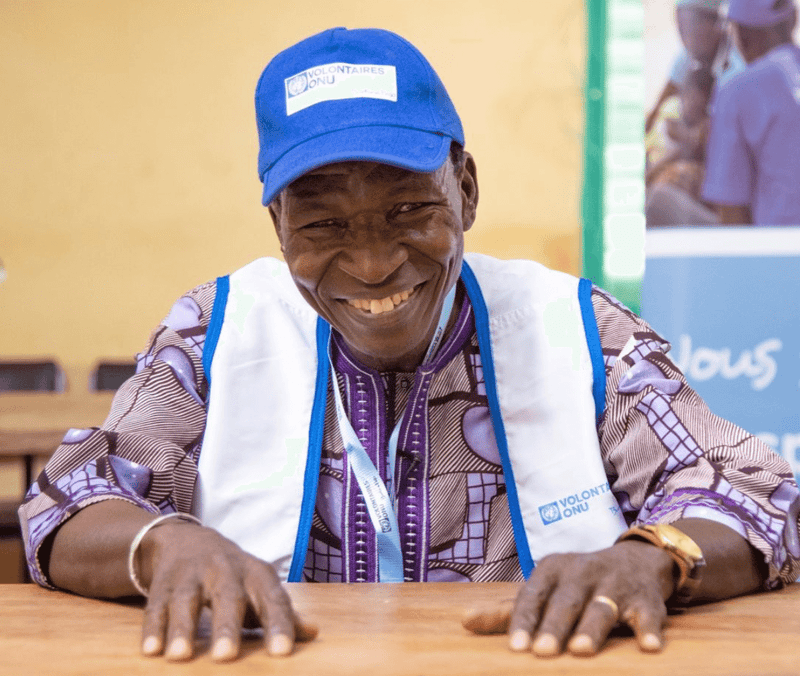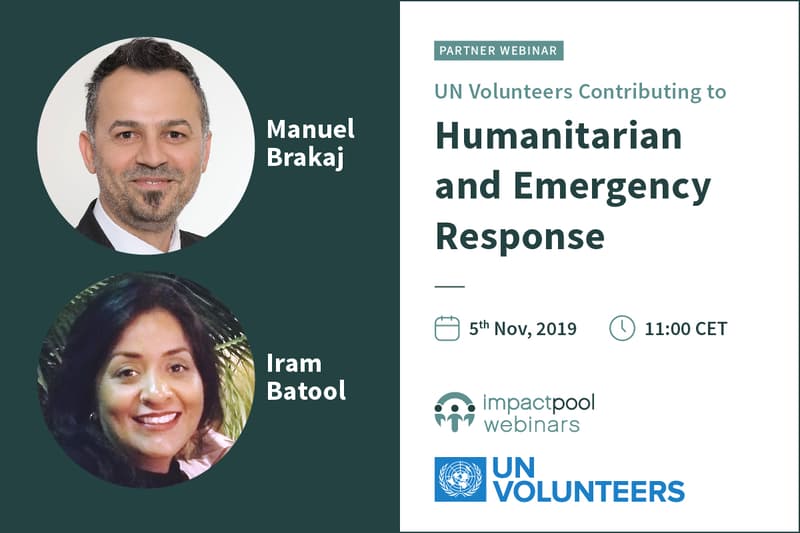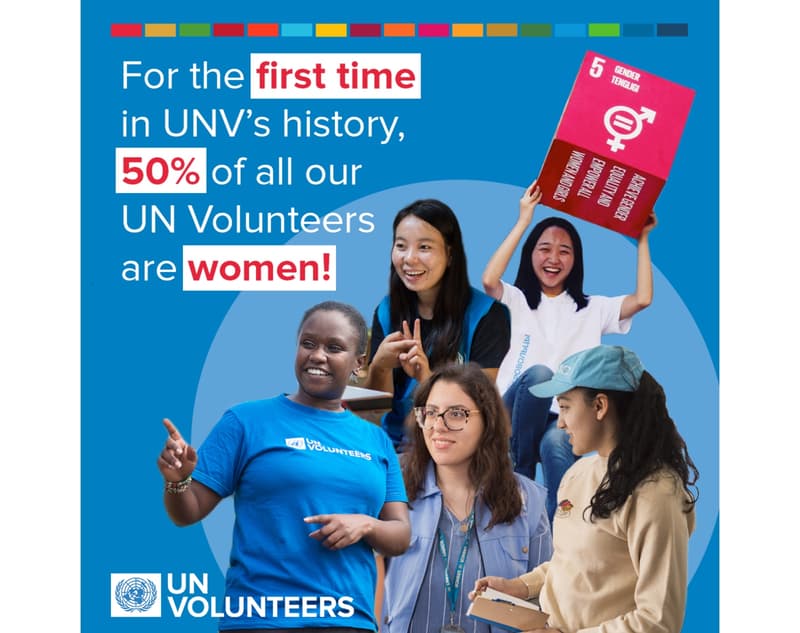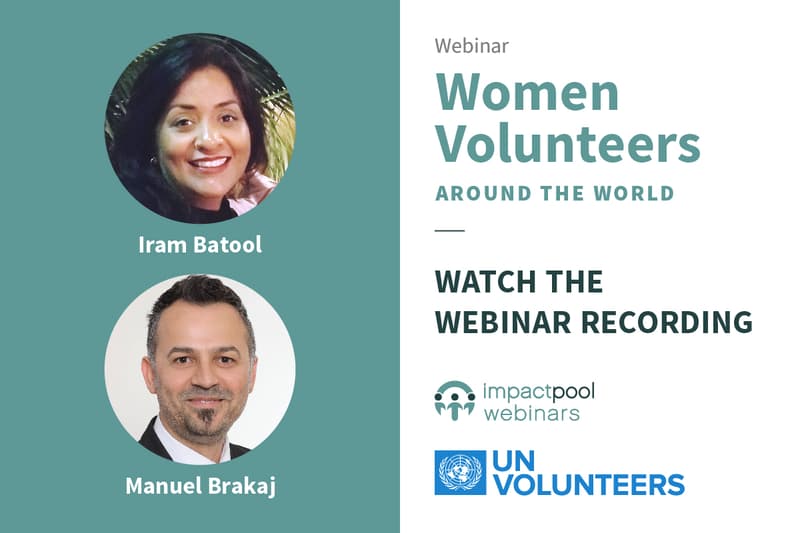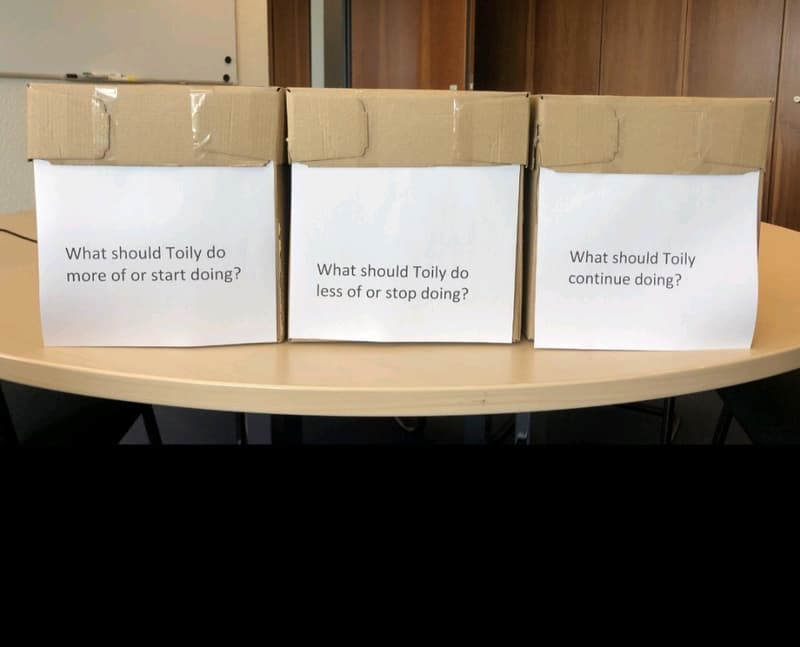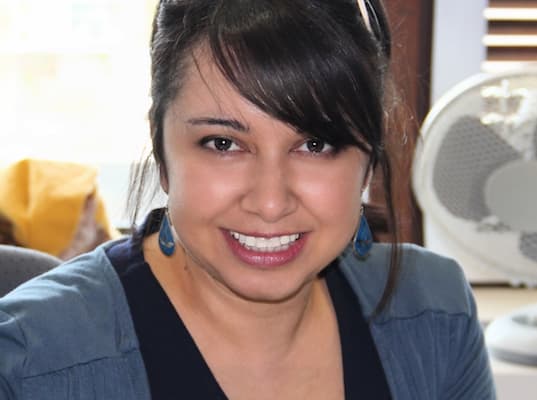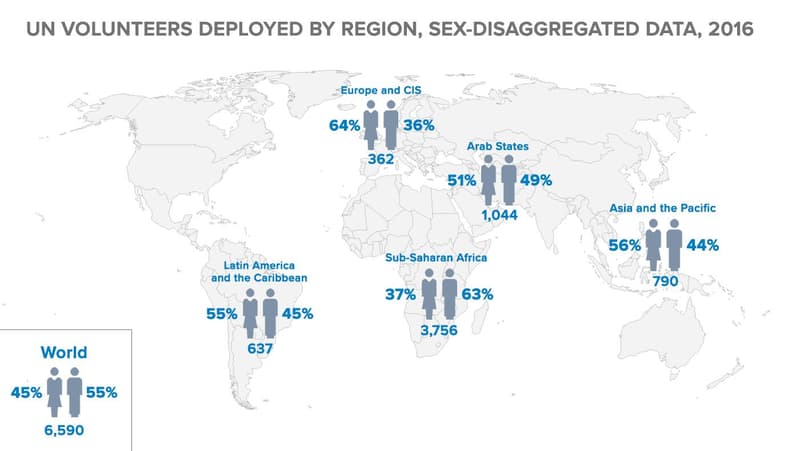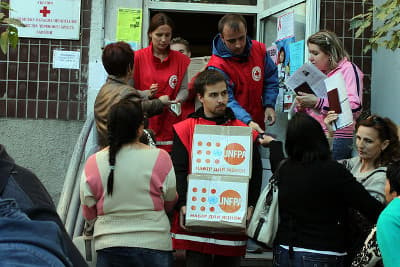Associate Programme Officer
Bangkok
- Organization: UNV - United Nations Volunteers
- Location: Bangkok
- Grade: Level not specified - Level not specified
-
Occupational Groups:
- Project and Programme Management
- Closing Date: 2023-12-04
Details
Mission and objectives
United Nations Environment Programme (UNEP) is the leading global environmental authority that sets the global environmental agenda, promotes the coherent implementation of the environmental dimension of sustainable development within the United Nations system, and serves as an authoritative advocate for the global environment. UNEP Regional Office for Asia and the Pacific (UNEP/ROAP) helps to implement its global programmes in the regions by initiating, coordinating, and catalyzing regional and sub-regional cooperation and action in response to environmental problems and emergencies.
Context
UN Environment Programme (UNEP) is the United Nations system’s designated entity for addressing environmental issues at the global and regional level. Its mandate is to coordinate the development of environmental policy consensus by keeping the global environment under review and bringing emerging issues to the attention of governments and the international community for action. UNEP Ecosystems Division is responsible for ecosystem management for human well-being, which including marine and coastal ecosystems. UNEP launched the Regional Seas Programme in 1974. Today, more than 146 countries have joined 18 Regional Seas Conventions and Action Plans for the sustainable management and use of the marine and coastal environment, and the Regional Seas play a crucial role in supporting countries with the implementation and monitoring of the ocean-related Sustainable Development Goals and associated targets. COBSEA is a regional intergovernmental mechanism and one of 18 Regional Seas programmes. It is the decision-making body for the East Asian Seas Action Plan, bringing together nine countries – Cambodia, China, Indonesia, Republic of Korea, Malaysia, the Philippines, Thailand, Singapore, and Viet Nam – in protection and sustainable development of the marine and coastal environment. The COBSEA Secretariat is administered by UNEP Ecosystems Division and is hosted by Thailand, at the UNEP Regional Office for Asia and the Pacific in Bangkok. The Twenty-fourth Intergovernmental Meeting of COBSEA (IGM 24) adopted the Regional Action Plan on Marine Litter (RAP MALI) to guide regionally coherent action to reduce and prevent marine litter from land-based and sea-based sources, strengthen monitoring and assessment, and create an enabling framework for implementation. The COBSEA Working Group on Marine Litter (WGML) provides guidance on implementation of the RAP MALI and develops respective biennial workplans. The COBSEA Secretariat manages projects and initiatives toward achieving the biennial workplan in collaboration with countries and regional partners, such as the MA-RE-DESIGN project supported by the Deutsche Gesellschaft für Internationale Zusammenarbeit (giz). IGM 25 established the East Asian Seas Regional Node of the Global Partnership on Plastic Pollution and Marine Litter (GPML) as a knowledge hub on marine litter policies, science and capacity building with a dedicated web platform linked to the Global Digital Platform. The Secretariat provides interim hosting functions until a longer-term hosting arrangement is decided by IGM 26. IGM 25 further established the Regional Capacity Center for Clean Seas (RC3S) in Bali, Indonesia, as a COBSEA Regional Activity Centre on marine pollution, to support the Secretariat in achieving the RAP MALI.
Task description
Under the direct supervision of the COBSEA Programme Management Officer for Marine Litter, Ms. Natalie Harms, and the overall supervision of the COBSEA Coordinator, Mr. Mahesh Pradhan, the UNV will: • Support the implementation of marine litter initiatives and activities, including the MA-RE-DESIGN project, toward achieving the COBSEA Regional Action Plan on Marine Litter and the COBSEA Strategic Directions 2023-2027; • Support coordination with COBSEA marine litter focal points and facilitate Meetings and consultations of the Working Group on Marine Litter (WGML); • Support progress tracking and reporting of the biennial workplan on implementation of the RAP MALI and provide input to development of new biennial workplans and initiatives, including input to relevant proposals; • Support operations and institutional strengthening of the COBSEA Secretariat related to marine litter, including organization of the Intergovernmental Meeting (IGM) and engagement with the COBSEA Regional Activity Centre on marine pollution; • Facilitate knowledge sharing in the region, including through the East Asian Seas Regional Node of the Global Partnership on Plastic Pollution and Marine Litter (GPML) and phased development of the Node web platform; • Provide input to communication and outreach efforts and provide logistical and technical support in relation to marine litter meetings, trainings, and events, including development of presentations and talking points; • Support COBSEA countries related to the intergovernmental negotiating committee (INC) toward an international instrument on plastic pollution, and other relevant regional and global processes on marine pollution, including sharing of information and preparation of inputs to meetings; • Facilitate regular reporting on marine litter activities in the region, including inputs to newsletters, reporting to countries and the WGML, to relevant donors and stakeholders; • Support collaboration between COBSEA Secretariat, Regional Office, and relevant Divisions on plastic pollution and marine litter activities. Furthermore, UN Volunteers are required to: • Strengthen their knowledge and understanding of the concept of volunteerism by reading relevant UNV and external publications and take active part in UNV activities (for instance in events that mark IVD); • Be acquainted with and build on traditional and/or local forms of volunteerism in the host country; • Reflect on the type and quality of voluntary action that they are undertaking, including participation in ongoing reflection activities; • Contribute articles/write-ups on field experiences and submit them for UNV publications/websites, newsletters, press releases, etc.; • Assist with the UNV Buddy Programme for newly-arrived UN Volunteers; • Promote or advise local groups in the use of online volunteering or encourage relevant local individuals and organizations to use the UNV Online Volunteering service whenever technically possible. 11. Results/Expected Output: • Effective implementation of marine litter initiatives and activities toward achieving the RAP MALI and timely internal and external progress reporting; • Successful implementation and tracking of the biennial workplan of the RAP MALI, new biennial workplan(s) developed with guidance from the WGML, opportunities for funding identified and relevant proposals drafted related to the workplan; • Meeting documents identifying the role, governance, and workplan of RC3S as a COBSEA RAC, including potential hosting responsibilities of the Regional Node, are shared with the WGML and IGM in a timely manner; • Successful organization of meetings and events, including Intergovernmental Meetings, meetings of the WGML, and regional/international events as well as technical/project meetings and workshops; • Successful knowledge management and capacity building through the Regional Node and its web platform and enhanced coordination with the GPML; • Information and knowledge on resources and events related to the COBSEA Strategic Directions and RAP MALI is easily accessible and shared, internally and externally; • COBSEA countries are successfully supported related to the INC and other relevant marine litter events and processes; • COBSEA activities, outputs and achievements are shared UNEP and COBSEA communication channels, including the COBSEA website and newsletter.

